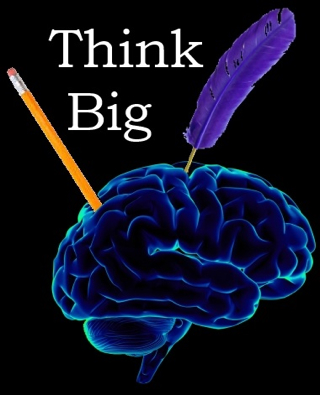
I thought I'd left the tantrums and pettiness of school life behind. I thought, by forging my own way, that my struggles would be defined by the friction of trecking over uneven ground. I thought I'd left behind the games that weakness plays by accepting that power wasn't inherently evil. I thought by accepting the power in my chosen role, I wouldn't be bombarded with the limitations of weak thoughts.
But I was wrong.
In accepting the strength I'd gained from experience, I accidentally took up the mantel of service. Service to a higher good than just my own. By searching for my own happiness, I'd gone through a forging that most people never experience. That forging gave me an inner solidity that many never find.
Power is a ruthless taskmaster.
This week I have been tested.
My ability to hold my standards above the dragging waters of despair have been challenged. My ability to stave off attackers to my boundaries has been poked and prodded. My ability to create and maintain meaningful, understanding relationships even when the forces above seek to batter them is being placed over the fire.
And even as I cry in frustration, I recognize that I am not broken. My spirits sag and my physical endurance drains. Sleep is a faded dream and security wobbles around me, unsure of itself. But I am not broken. I am still me. I still have myself. The great, nuanced metropolis that I've created with the core of my being still stands.
I am weary and parts of me are ready to escape to softer shores. Should I give in, there is no shame. It means, simply, that I was not ready to take on the new level of power, for which I'm reaching.
For now, I'm stubborn. I've made the decision to pass this test.
The price for power is a pound of flesh. But the flesh is only the veneer.


